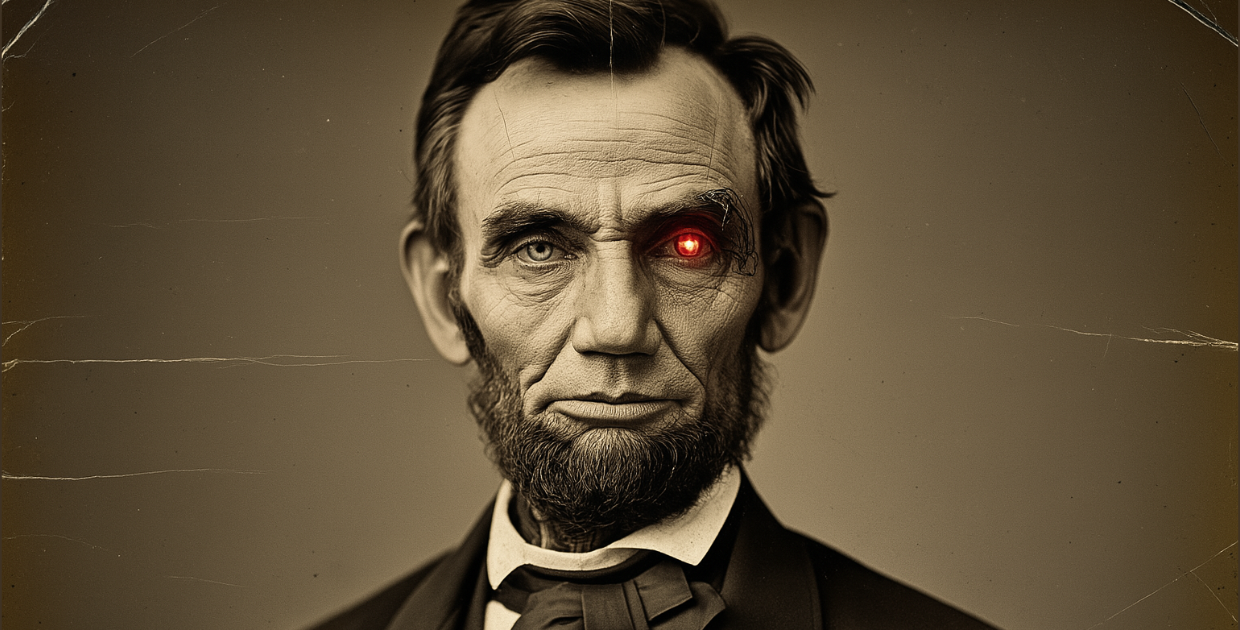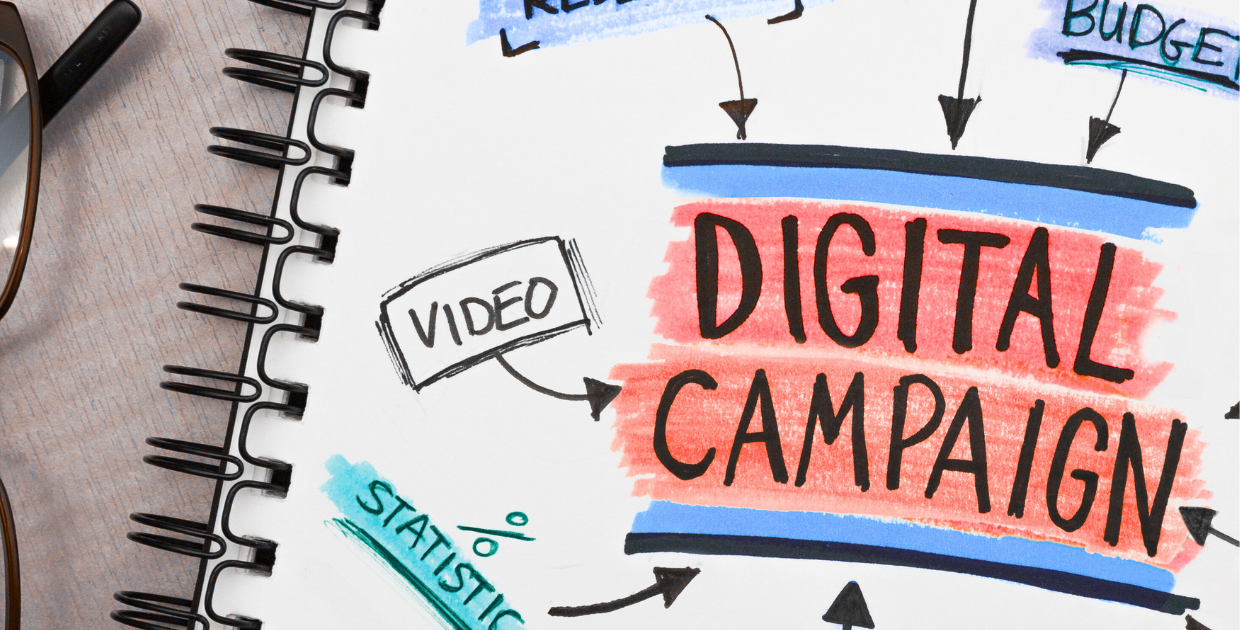Daria Grastara is CEO of Direct Persuasion, a performance marketing and persuasion advertising agency serving Republican campaigns and issue advocacy organizations. During the 2022 election cycle Daria was Digital Director at the NRSC and she’s also worked on the Trump campaign and at the NRCC.
In our conversation, we discuss the transition in ownership of the firm, that challenges she’s faced as an entrepreneur, and the lessons learned along the way.





